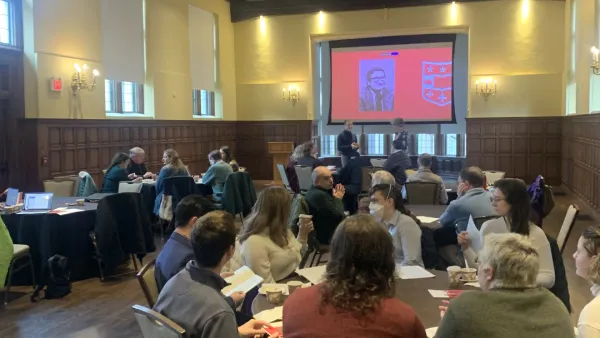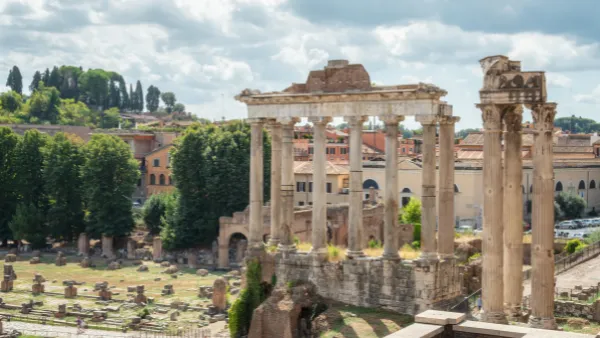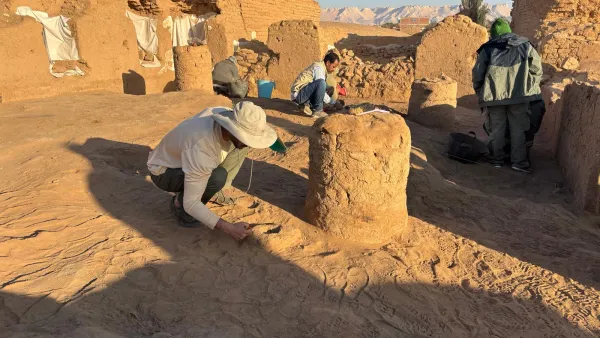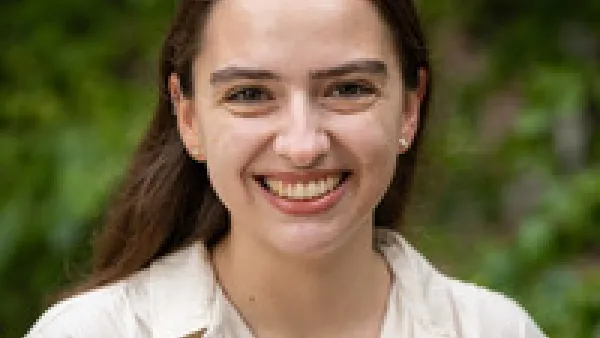Alyssa Mehnert, first-year Classics major: Archaeological Field School, The Gabii Project (at the site of a city-state in Latium that was an early rival of Rome). “The school consists of the site of Gabii, a finds lab, an environmental lab, evening lectures, and access to and training with topography and digital data recording equipment. This will allow me to learn a great deal about archaeological fieldwork that I would be unable to get from a classroom. I plan on getting a PhD in Classical Archaeology after my undergraduate studies, and I plan on doing more fieldwork throughout my time in college. Starting with the Gabii Project will allow me to develop the skills I will need on my future digs.”
Kirby Schoephoerster, Classics MA student: symposium on cave archaeology run by the British School in Rome. “The symposium will consist of research and networking panels for scholars interested in caves, caving, and cave archaeology. Not only does it aim to teach its participants about the current trends and methodologies of the European caving world, but the scholars and cavers who plan to attend the symposium are deeply invested in finding bright, new scholars interested in being a part of this caving world (as well as these future expeditions) in Italy. I belong to a local, St. Louis-based caving society called CAIRN (Cave Archaeology Investigation and Research Network). The chance to attend this conference has the potential to open a myriad of doors for me academically. I would be learning from experienced European archaeologists about new methods of excavation and preservation, which I could bring back to St. Louis.”
Victoria Hsu, MFA student and student of Ancient Greek: self-designed study tour of Greek sites. “I’m grateful to have had the opportunity to take a Greek course each of my first three semesters at WashU—on Aeschylus, the Iliad, and Plutarch, respectively. Beyond the courses I have taken, I’ve read and loved Plato, and I am also fascinated by Greek religion and mystery cults—in particular the Eleusinian mysteries— and the often very literal way in which the mysteries psychologically enact the unknown. I plan to visit sacred sites in Athens, Eleusis, Delphi and Delos, in order to further develop an ongoing poetic project that engages with Plato and the construction of the unknown, especially in Greek mysteries. Going to Greece for the first time and visiting these sites in person— walking on the Sacred Way from Athens to Eleusis, visiting the temple of Apollo at Delphi, and perhaps coming across various geographical features or sacred sites unfamiliar to me along the way—will create new avenues of exploration for these poems, and I am excited for what unexpected directions the poems could take.”



